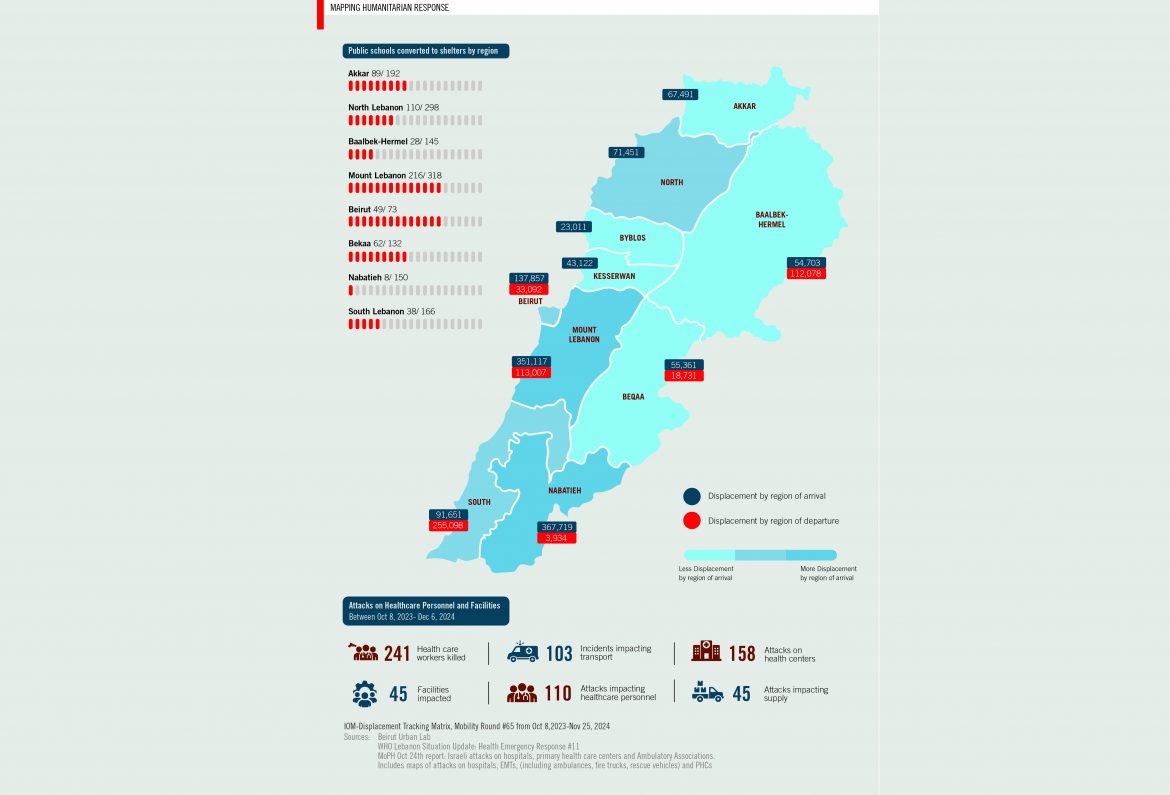Collective solidarity: An overlooked marker of economic health
by Marie Murray & Aline Nassar
written by Marie Murray & Aline Nassar
Aline Nassar
Aline Nassar is an expert graphic designer with 12 years of experience and a Bachelor's degree in Graphic Design from AUST Achrafieh. Over the years, she has worked with top NGOs like WILPF, RED CROSS, UNICEF, World Vision and Equality Now, as well as prominent brands such as MBC, PATCHI, and LSB Bank, as well as a host of start-up and mid-size businesses. With a deep passion for creative expression and a keen eye for detail, she excels in crafting visually striking designs that resonate with audiences and amplify the missions of both social impact organizations and commercial clients alike

